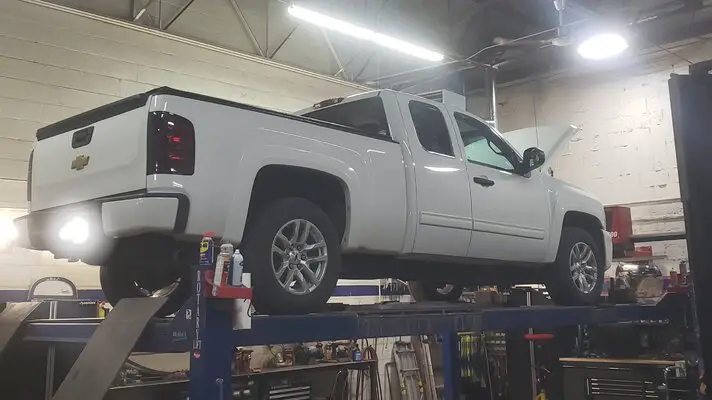With an iron block the CLR ought to be able to do a decent job of rust removal/descaling without too much concern as to base metal being removed in the process. Best all around precaution with CLR is, "READ THE INSTRUCTIONS". I've used the stuff to delouse the water passages and rinse orifices in a toilet bowl; amazing the amount of rust that came out. But, that said, the water itself was cold, straight out of the tank. There were no heat/cold cycles of a cooling system involved and the product was used and flushed in about the space of a half-hour. It did not stand or remain resident in the system for any longer than the directions specified.
I can't speak for Cascade, and I presume that this would be disher washer detergent. Dishes in my house get washed by hand! For a dishwasher to be installed, it would have come out of the ceiling and down on an elevator or dummy lift, which goes a long way to descibing how little room there is in a 50's designed and built galley kitchen. Again though, I think the cautionary factor would be whether the block was aluminum or iron and what the core in the rad is. Cascade is meant to rip week old linguine sauce off pans and plates, that is, stainless steel and glazed/fired dinnerware or porcelain. Is something like that strong enough to derust metal and yet mild enough no to damage the metal surfaces while they are being deloused?
Nick


